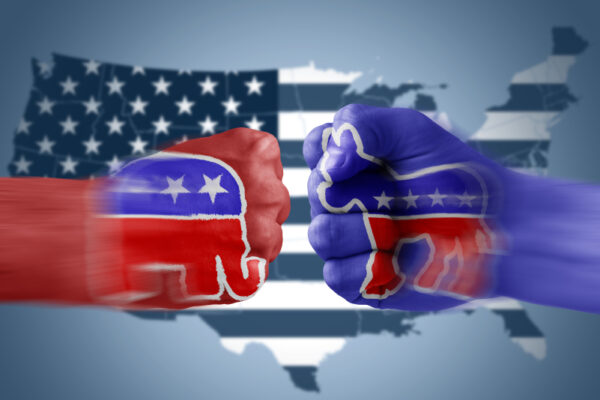It was big news when a recent poll had Matthew McConaughey beating Texas Gov. Greg Abbott 45% to 33%. How big? Big enough to warrant articles in The New Yok Times, Fox News, Entertainment Tonight and overseas in The Jerusalem Post.
The result was certainly an indication that the movie viewing public likes this charismatic Texan. And there’s a post-Trump era celebrity in politics fever. Caitlyn Jenner just filed for governor of California. The Georgia GOP is trying to entice former University of Georgia football star Herschel Walker to run for the Senate. We’ve been here before too. Remember speculation about Lance Armstrong running for governor of Texas a decade ago?
Celebrities often merit such speculation because they have something an average professional does not, name recognition. In our increasingly partisan times, they also don’t automatically have the baggage of a party label, issue stances, or any past record in office. The challenge is that if they actually pull the trigger and run, they often find that putting on a party label and finding themselves asked to take positions on actual issues means that their high point in polls is usually the day before they declared.
Sometimes they win. Arnold Schwarzenegger won in a California recall election in 2002. Jesse Ventura managed to squeeze through as an independent for governor of Minnesota in a 1998 three-way split between two lackluster major party aspirants. But for most stars turned politicians, it is a road to defeat. Of course, there was this guy who starred on “The Apprentice.”
McConaughey probably would do better running as an independent, but only if there wasn’t another Democrat on the ballot to drain away anti-Abbott votes. But what happens the minute he’s asked to take a stand on defunding Planned Parenthood, permit-less gun carry, the latest GOP voter legislation, bills targeting trans kids, and so on? Each of these has passionate supporters on both sides.
But I think the idea of polling him here is missing the point if you want to speculate about the next election cycle. Is 2022 really so hopeless for Texas Democrats that they have to hope for a hail Mary – or a hail Matthew – pass?
Given the high expectations, 2020 was not a good Democratic year in Texas. But some things were closer than you might think. If you flipped just 10,784 votes in nine state House districts, less than 0.1% of the more than 11 million statewide voters, the Democrats win those seats and take power in the Texas House of Representatives. Remember that President Joe Biden lost Texas by only 5.6% and just three years ago, Beto O’Rourke almost pulled in a slate of statewide Democrats – the closest statewide contests in more than two decades.
Political change in Texas is inevitable. Given the growth in the Mexican American population, there’s a demographic tidal wave coming. Gerrymandering and one cycle’s voting anomalies along the border won’t stop the momentum toward general elections that are competitive. For now, if there were a more plausible candidate in a poll versus Abbott, such as O’Rourke or even another nonpolitician, for example retired Adm. William McRaven, I suspect the governor’s vulnerabilities would remain.
But let’s say McConaughey did run. What if he said that on the most difficult issues facing Texas that he didn’t have all the answers. That he was tired of dysfunctional partisan and ideological divides. That maybe real dialogue was possible.
Balancing border security with the state’s dependence on migrant labor. Or securing voting security, but also learning the lessons of the 2020 election in making it easier for Texans to vote. Would Texas voters like a fresh voice like that? They just might say alright, alright, alright.
Paul Stekler is documentary filmmaker and a professor of public affairs and radio-television-film at The University of Texas at Austin.
A version of this op-ed appeared in the Waco Tribune Herald and the Abilene Reporter News.




